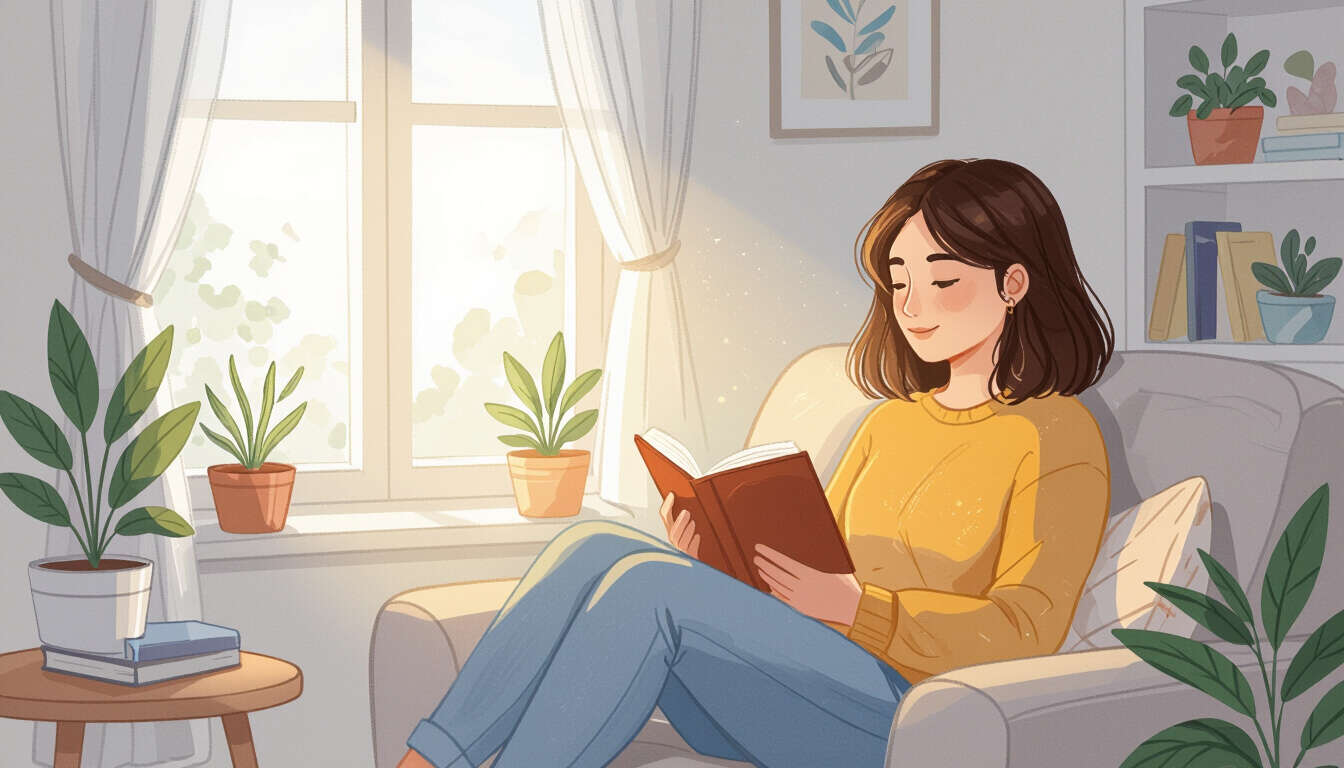Building Evening Routines for ADHD
 by Lilian Nienow
by Lilian Nienow
Evening routines can make a big difference for those with ADHD by helping to create structure and ease daily challenges. This article shares practical strategies to wind down, boost focus, and prepare for better days ahead, all while offering support for your unique experiences.

Evening routines offer a way to bring calm and order to the end of the day, especially for those living with ADHD. These habits can help reduce the scattered feelings that often appear as the day winds down. For many adults and young adults, simple steps in the evening lead to clearer minds and stronger focus the next morning.
The Value of Evening Habits
Establishing regular evening habits provides a foundation for consistency. ADHD can make it hard to transition from a busy day to rest, but a set routine eases this shift. Think about how a predictable end to the day might help you feel more in control. One key benefit is better sleep, which in turn supports overall energy levels.
Simple Steps to Start
To begin, choose a few actions that fit your life. For instance, setting a specific time to stop work or screen time can signal the body that it's time to relax. Use this as a cue to move into quieter activities. Productivity often improves when you prepare for the next day during these moments.
Consider including short tasks like tidying up or reviewing what went well. This practice helps build a sense of accomplishment without overwhelming you. Many find that breaking the evening into small, manageable parts makes it less intimidating.
Incorporating Relaxation
Adding relaxation techniques is another helpful approach. Deep breathing or light stretching can soothe the mind and body. For those with ADHD, these methods offer a gentle way to release built-up tension. Experiment with what feels right, such as listening to soft music or jotting down thoughts in a journal.
A list of effective ideas might include:
- Deciding on a bedtime and sticking to it as much as possible.
- Creating a cozy space for unwinding, like a comfortable chair or dim lighting.
- Limiting distractions, such as turning off notifications an hour before bed.
These steps encourage a smoother transition to sleep, which is vital for maintaining attention during the day.
Overcoming Common Challenges
It's normal to face hurdles when starting new habits. If distractions pull you away, try using timers to keep things on track. Routines become easier with time, and being kind to yourself is important. Remember, progress comes from small, consistent efforts rather than perfection.
For example, if mornings feel rushed, spend part of your evening laying out clothes or planning meals. This foresight can cut down on stress and improve your daily flow. Many people with ADHD discover that these adjustments lead to greater confidence and less frustration.
Moving Forward with Confidence
In closing, building evening routines is about creating support for yourself. By focusing on what works best for you, these habits can turn challenging evenings into opportunities for growth. Keep trying new approaches, and celebrate the wins along the way. With patience and practice, you'll find routines that truly make a difference in managing ADHD and enhancing your everyday life.
